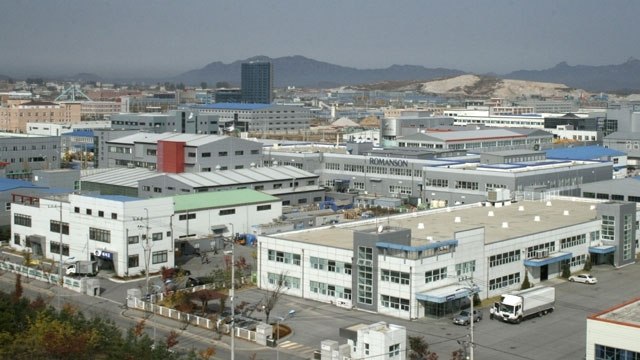Expectations for inter-Korean economic cooperation are rising with talks of cross-border projects on infrastructure and environment, but challenges remain amid the persistent economic sanctions on the North.
Starting from the talks on reconnecting inter-Korean railways and subsequent meetings on reforestation of North Korea, the discussion over the joint projects raises the prospect of pursuing broader economic cooperation between the two Koreas, Yonhap reported.
While the inter-Korean summits and the first-ever US-North Korea summit have improved the outlook for engaging in joint projects with North Korea, the initiative should proceed with caution as there are still obstacles at home and abroad, business leaders and analysts said.
“Expectations on inter-Korean economic cooperation is so high that some sectors tend to be a bit impatient,” said Park Yong-maan, chairman of Korea Chamber of Commerce and Industry, during a conference in Seoul Tuesday.
“We should be cautious about competing without sufficient information and sound judgment… We need to shape conditions for economic cooperation in an orderly manner until economic sanctions on North Korea are lifted.”
Under the current international sanctions and Seoul’s own punitive measure against Pyongyang’s nuclear ambition, South Korea is restricted from pursuing massive economic cooperation with North Korea—such as the resumption of Kaesong Industrial Complex and Mount Kumgang tourism.
Those joint projects have long been blamed for providing cash to North Korea’s state coffer without proper oversight over what the workers actually earned. Debates persist that some of the hard currency had been channeled into the country’s nuclear program.
“The previous projects of inter-Korean economic cooperation clashes with the UN sanctions imposed on North Korea” said Lim Soo-ho, a senior researcher at the Institute for National Security Strategy, a Seoul-based think tank.


